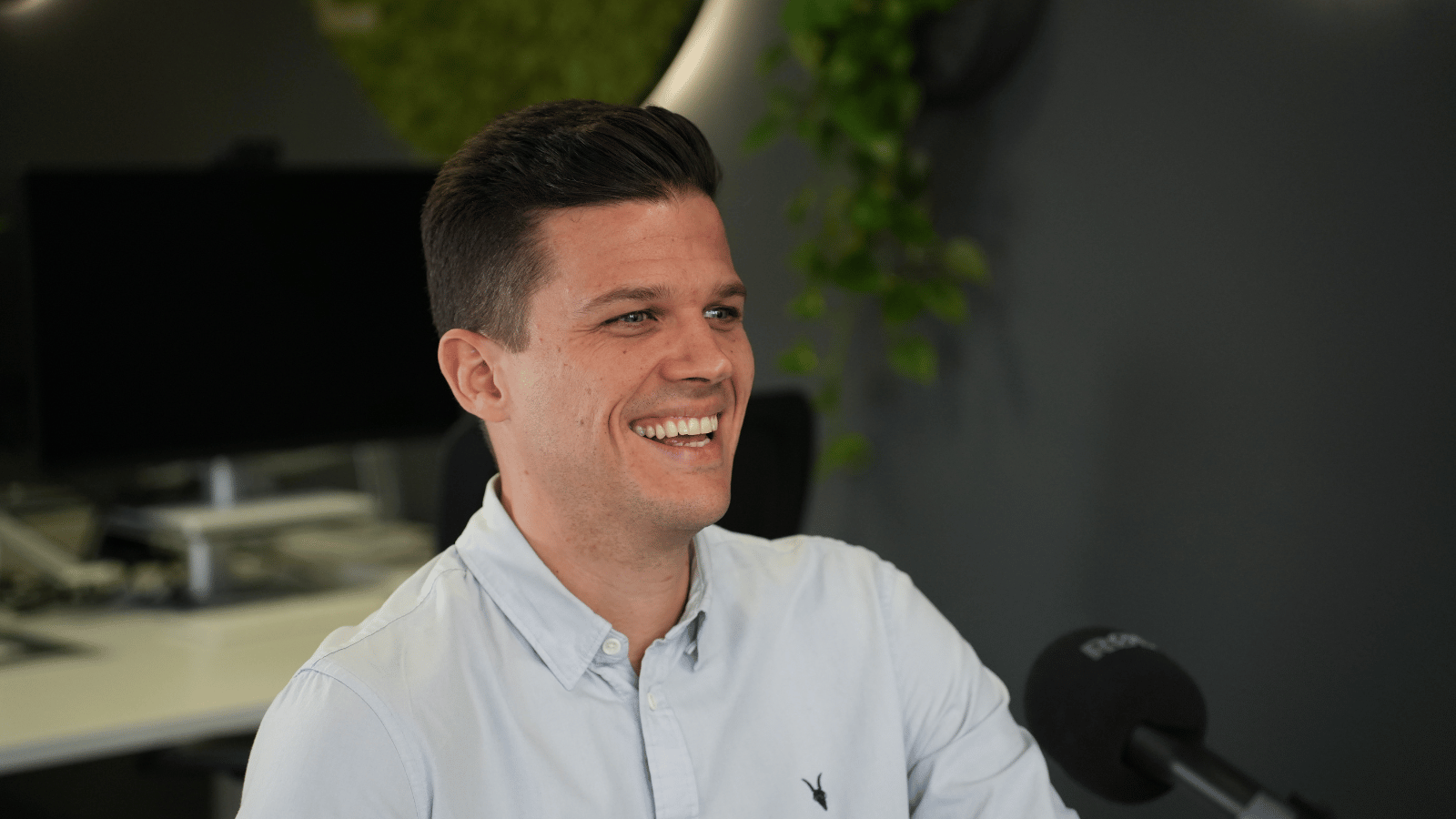B Corp certification. It’s one of those things that shows that your business is a force for good. Ethical, sustainable, accountable. But what’s the reality of actually getting certified? Spoiler alert: it takes effort, but it’s worth it!
What Is a B Corp?
Before we get into the nitty-gritty, let’s start with the basics. A B Corporation (or B Corp) is a company that meets high standards of social and environmental impact, transparency, and accountability. It’s awarded by B Lab, a nonprofit that assesses businesses on how well they balance profit and purpose.
B Corps commit to considering their impact on all stakeholders, not just shareholders, which means sustainability isn’t just a marketing slogan. Companies like Patagonia, Ben & Jerry’s, and The Body Shop are all B Corps, and it’s a certification that’s increasingly recognised as the gold standard for ethical business.
But what does it take to actually get certified?
The B Corp Process: A Labour of Love
Getting B Corp certified is an investment of time, effort, and dedication. But it’s also an opportunity to improve, refine, and strengthen your business from the inside out.
Leo started the journey before the company was even born! Once Core3 came into the world, as the only person in the business at the time, it was a lot to keep all the plates spinning while going through the certification process – marketing the business, getting the branding right, developing the business processes, bringing on new team members, all whilst juggling parenthood too! Good work Leo!
Step 1: The B Impact Assessment (BIA)
The first step is completing the B Impact Assessment, a 250-question deep dive into your business. This covers governance, workers, community, environment, and customers. You need at least 80 out of 200 points to qualify.
Even if you’re already a purpose-driven business, you’ll probably find gaps you didn’t even know existed. It’s less about ticking boxes and more about embedding ethical and sustainable practices into everything you do. And that means change. Policies, processes, legal structures. Things that take effort to implement.
When our founder, Leo, created Core3, sustainability was woven into the very fabric of the company. He’d worked for a recruitment firm for over a decade but wanted to have more of an impact and create something different. Leo started by looking at his own values and knew that if they were to become the values of the business then they would be authentic. He then went on a journey of discovery, looking at conscious capitalism, which then led to B Corp. By doing this right at the very beginning, it meant that everything we implemented was B Corp-friendly.
This set us up for success and on our first B Corp certification attempt, we scored 101.4 points, which we were really proud of. It’s a testament to the work and over 200 hours we put into the process.
Step 2: Legal Commitments
B Corps must legally update their Articles of Association to reflect their commitment to all stakeholders, not just profit. We did this early on, which helped streamline things later. Depending on where your business is based, this could be a straightforward change or require some additional steps. Either way, it’s a necessary milestone.
Step 3: The Certification Review
Once you submit your assessment, the verification process begins. There’s usually a queue to get reviewed, which means patience is key. When your turn comes, B Lab analysts go through everything with a fine-tooth comb.
Then comes the final stage: a live interview. Over Zoom, in real-time, you’re asked to provide supporting evidence and answer questions on various areas of your business.
Leo had a spreadsheet with hyperlinks to all our evidence, ready to share at a moment’s notice. Having an organised approach made the process smoother and more efficient. While it was rigorous and the thought that one wrong answer would mean we’d miss out on B Corp, it was also a great learning experience.
Is It Worth It?
With all the work that’s required and some CEOs calling B Corp “a marketing badge and greenwashing rather than a true mark of ethical business,” you may wonder whether it’s worth all the effort.
It absolutely is. But like anything valuable, it requires commitment.
As we mentioned, Leo invested over 200 hours into the B Corp process. If he had more resources, a project manager, a VA, it would have been easier. But while doing it solo was tough, the end result was incredibly fulfilling.
If you’re a startup, it can feel like a big undertaking, especially if you’re already stretched running your business. You might have to wait 12 months to qualify for full certification, but you can get B Corp Pending in the meantime.
But once you’re in, you can say that your business is a force for good! Every company that becomes a B Corp meets high social and environmental standards and makes a legal change to make sure this new duty of care is embedded into the business.
Plus:
- Credibility and trust: B Corp status instantly signals integrity to customers, investors, and employees.
- Operational maturity: The process helps you refine governance, HR, and sustainability policies.
- Business growth: More and more companies want to work with ethical businesses. B Corp certification puts you on their radar.
The Takeaway
B Corp certification is an official approval that you and your business are committed to doing things the right way – balancing profit with purpose. It’s an opportunity to evolve, grow, and stand out in an increasingly values-driven marketplace.
Yes, it takes work and it’s not easy (maybe that’s the point!), but it is 100% worth it. If you’re considering it, go in with an open mind and a willingness to improve. Because while it’s a journey, it’s one that makes you and your business better.





